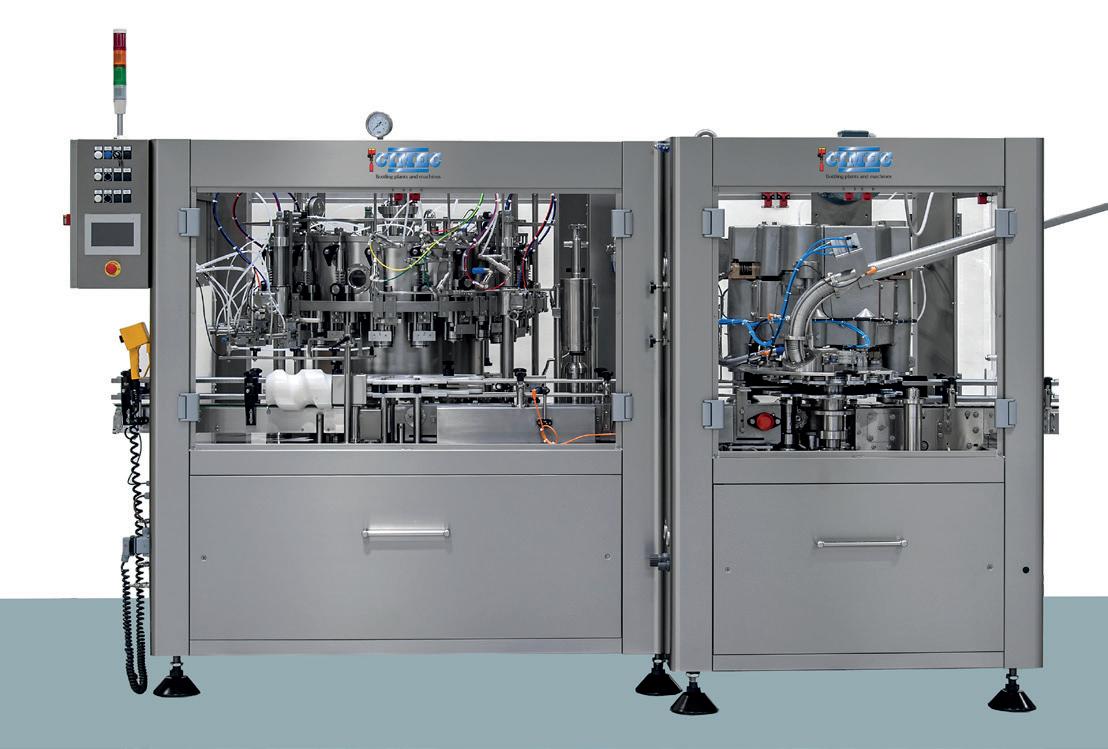
2 minute read
Casks, kegs and contracts: the importance of a welldrafted employment agreement
likewise, if a dispute cannot be resolved then each party has a clear mechanism for terminating the contract without significant financial repercussions.
Protecting your business
In the hugely diverse and saturated (excuse the pun!) craft beer market, staying ahead of the curve and being innovative is fundamental to survival and success. In the last five to ten years, we have seen the UK “craft beer” market that was largely centred upon easydrinking pale ales, US-styled India Pale Ales (IPAs) and traditional Belgian beers diversify, with consumers becoming much more adventurous and trying out, or even starting to favour, stouts and porters, sour beers and of course, the ubiquitous New England IPA. Ultimately, a craft breweries’ main assets are the beer it produces and its brand identity –developing a brewing style and a brand that consumers trust is a cornerstone to driving repeat sales. The recipes and techniques used to brew trademark beers and similarly the logos and can designs that adorn the products are valuable items of intellectual property and adequately protecting these, along with customer relationships of course, is a key factor in safeguarding the goodwill of your business. Most businesses are very rightly concerned about what will happen to their confidential information and customer relationships when staff members leave the company. Departing employees could potentially disclose strategic business plans, customer details, recipes or brewing techniques, after the termination of their employment and equally, may attempt to use this information for the benefit of their new employer, or to set up in competition. Contrary to popular belief, once an employee’s employment has ended, there is generally nothing to stop them using or disclosing their employer’s confidential information (except where it amounts to a “trade secret”) or competing with their ex-employer, unless there are express restrictions in their contract of employment that are drafted in such a manner to ensure enforceability i.e., stand up in a court of law. Including carefully drafted confidentiality clauses and reasonable post-termination restrictive covenants within employment contracts provides important protection for the goodwill of your business when staff move on.
However, post-termination restrictive covenants need to be drafted carefully in order to be enforceable; this is because they call into question the concept of ‘restraint of trade’. The default position is that any contractual term which seeks to restrict an employee’s activities after their employment ends is void, unless the employer can show it is protecting a legitimate business interest and the restriction is reasonable in the circumstances. A balance has to be drawn between the employer’s right to protect its business and an employee’s right to earn a living, even where they are planning to set up in competition.
For this reason, it is advisable to have a legal professional with expertise in your business area drafting your employment contracts and paying careful thought to the scope of any such restrictive covenants.
Brabners are a full-service law firm, and B-Corp, with offices across the North-West and Yorkshire and an extensive track record acting for breweries, pubs and drinks businesses.
Should you wish to discuss this topic or other legal matters, please do not hesitate to contact Dan by email at daniel.finn@brabners.com.











